In various industries, including food and beverage, daily chemicals, and pharmaceuticals, the packaging and sealing of liquid products are critical. These processes directly impact a product's shelf life, safety, and market image. To achieve efficient and reliable liquid sealing, the Liquid Sealing Machine is undoubtedly the core equipment. This article will delve into the types, technical principles, applications, and key factors to consider when choosing a liquid sealing machine, providing a professional and comprehensive guide.
What Is a Liquid Sealing Machine?
Simply put, a Liquid Sealing Machine is an automated or semi-automated device specifically designed for liquid or semi-liquid products. Its primary function is to seal containers (such as bottles, pouches, cups, etc.) filled with liquids to prevent leaks, contamination, and oxidation, thereby ensuring product integrity and safety.
Main Types and Technical Principles
Liquid sealing machines can be categorized into several types based on the container they handle and their sealing technology:
1. Bottle Liquid Sealing Machine
This type of machine is primarily used for bottled products. The sealing methods are diverse, with the most common being:
-
Screw Capping: This method involves twisting the cap onto the bottle, suitable for most plastic and glass bottles. It is a simple process that can be adjusted for different cap types (e.g., tamper-evident caps, child-resistant caps).
-
Press-on Capping: This technique uses pressure to press the cap onto the bottle opening, often used for mineral water and juice bottles.
-
Induction Sealing: This is a non-contact sealing technology that uses electromagnetic induction to heat and melt the aluminum foil inside the cap, bonding it firmly to the bottle mouth. This method provides excellent anti-counterfeiting and leak-proof effects and is widely used in the pharmaceutical and food industries.
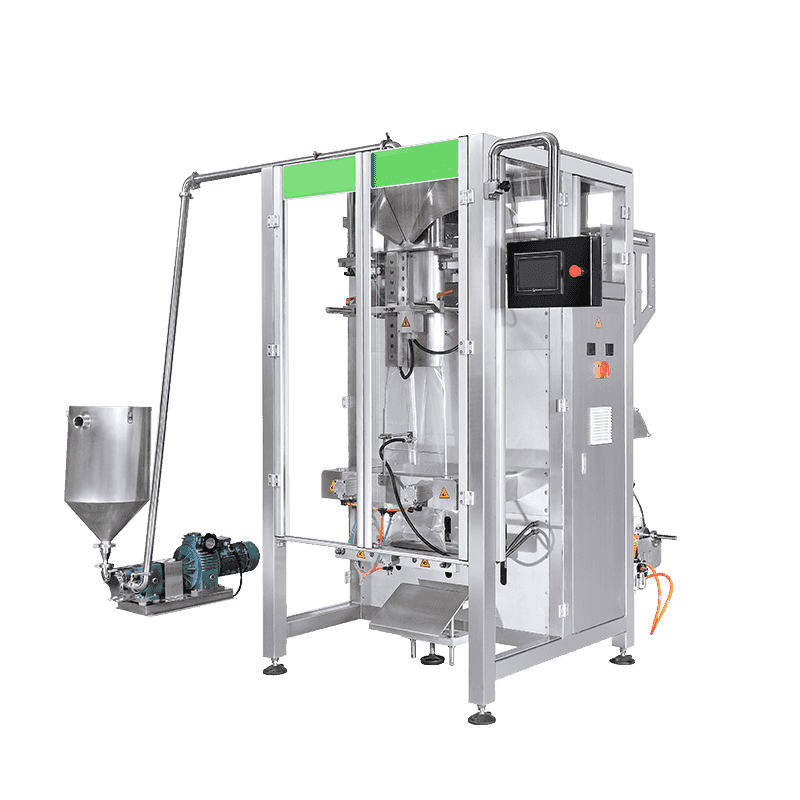
2. Pouch Liquid Sealing Machine
These machines are designed for various flexible pouches, such as stand-up pouches and spout pouches. The sealing method typically uses:
-
Heat Sealing: This technique involves heating and pressing the opening of the pouch together to fuse the material. Heat sealing machines can perform continuous or impulse sealing, ensuring the seal is flat and secure. For pouches with spouts, the machine also needs to be able to seal and cap the spout.
3. Cup Liquid Sealing Machine
These machines are mainly used for small packaging cups for products like yogurt, jelly, pudding, and juice. The primary sealing method is:
Application Fields
Liquid Sealing Machine applications are extremely broad, covering almost every industry that involves liquid packaging:
-
Food and Beverage Industry: Milk, juice, mineral water, edible oil, condiments, sauces, yogurt, jelly, and alcoholic beverages.
-
Daily Chemicals Industry: Shampoo, shower gel, hand sanitizer, skincare products, laundry detergent, and disinfectants.
-
Pharmaceutical and Healthcare Industry: Oral solutions, syrups, eye drops, injectable solutions, and health drinks.
-
Chemical Industry: Paints, coatings, lubricants, and pesticides.
How to Choose the Right Liquid Sealing Machine
To select a suitable liquid sealing machine, you need to consider the following professional factors:
-
Product Characteristics: The liquid's viscosity (high or low), whether it contains particles, and whether sterile packaging is required.
-
Container Type and Material: Is it a glass bottle, plastic bottle, flexible pouch, or plastic cup? The container's size, shape, and material will all influence the machine choice.
-
Production Capacity: Is it for small-batch production or large-scale automated production? This determines whether you should choose a semi-automatic single-head machine or a fully automatic multi-head production line.
-
Sealing Precision and Quality: Is a high standard for leak-proofing, tamper-proofing, and aesthetics required?
-
Automation Level: Do you need a simple sealing function, or an integrated production line that includes filling, sealing, labeling, and coding?
-
Maintenance and Cleaning: Is the machine structure easy to maintain and clean? This is crucial, especially for the food and pharmaceutical industries where hygiene standards are paramount.
In conclusion, the Liquid Sealing Machine is an indispensable part of a modern liquid packaging production line. As technology continues to advance, future liquid sealing machines will be smarter and more efficient, better adapting to a wide range of complex packaging needs. Thorough market research and technical evaluation before investing are key to ensuring you choose the most suitable equipment.


 English
English Español
Español عربى
عربى
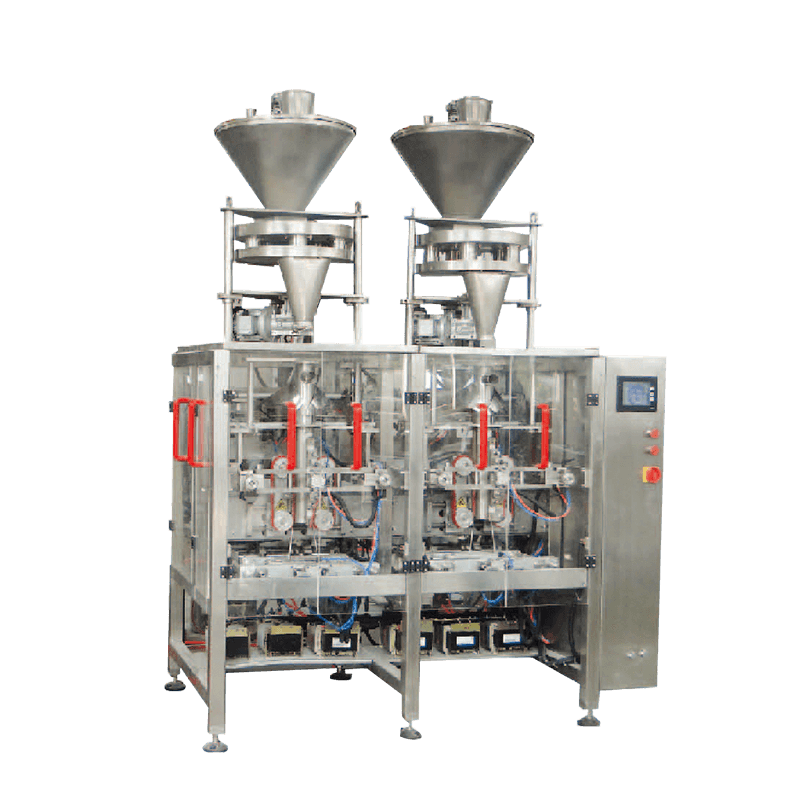
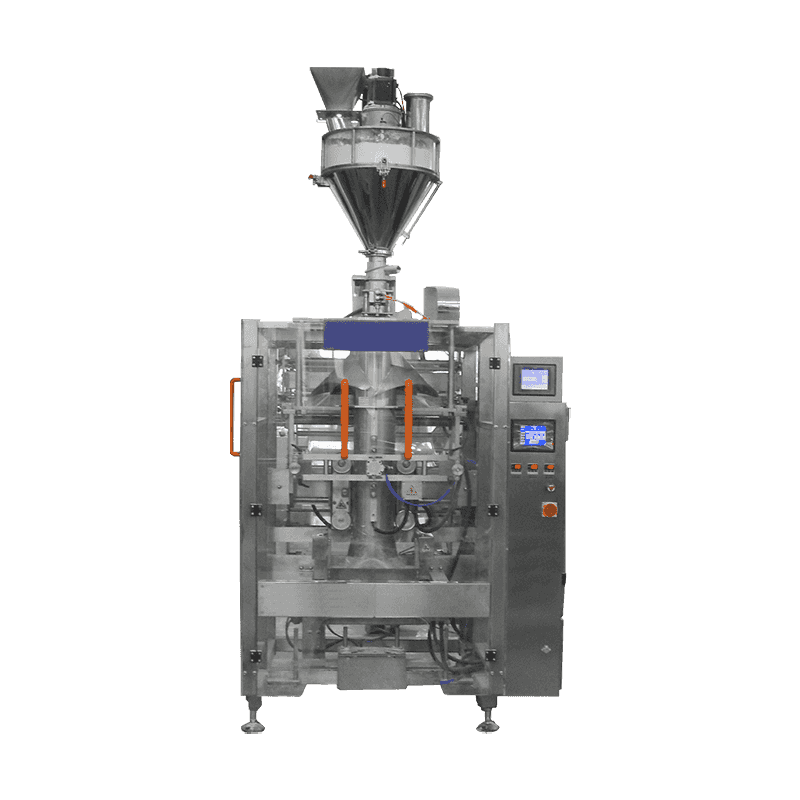
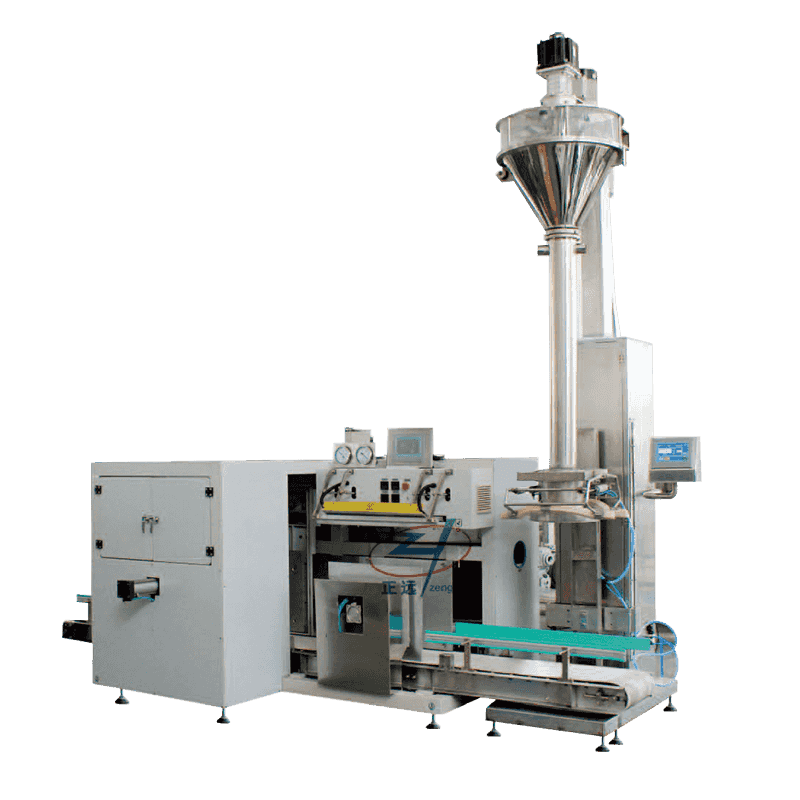
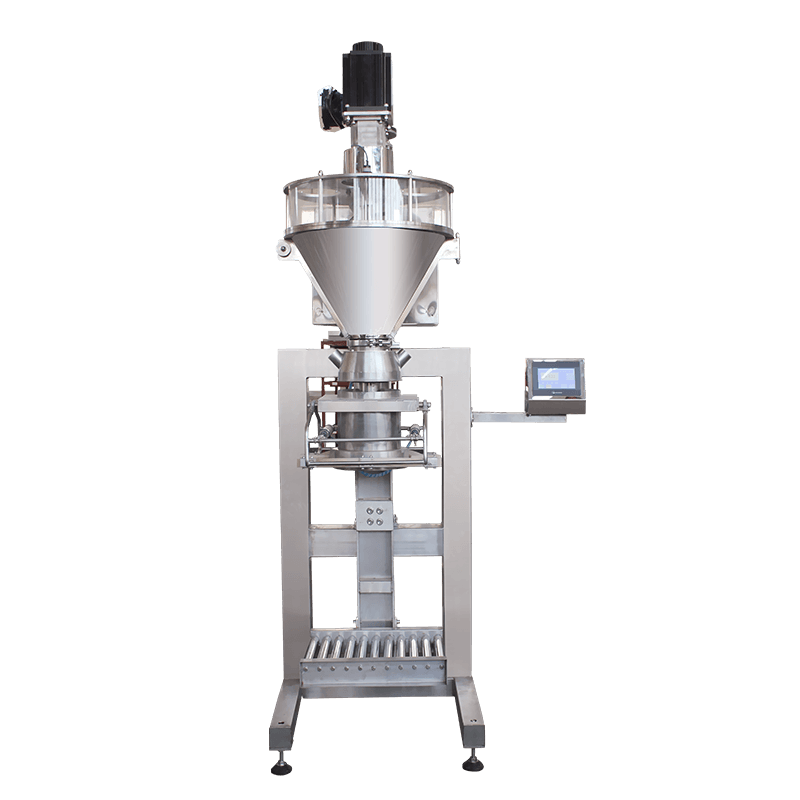

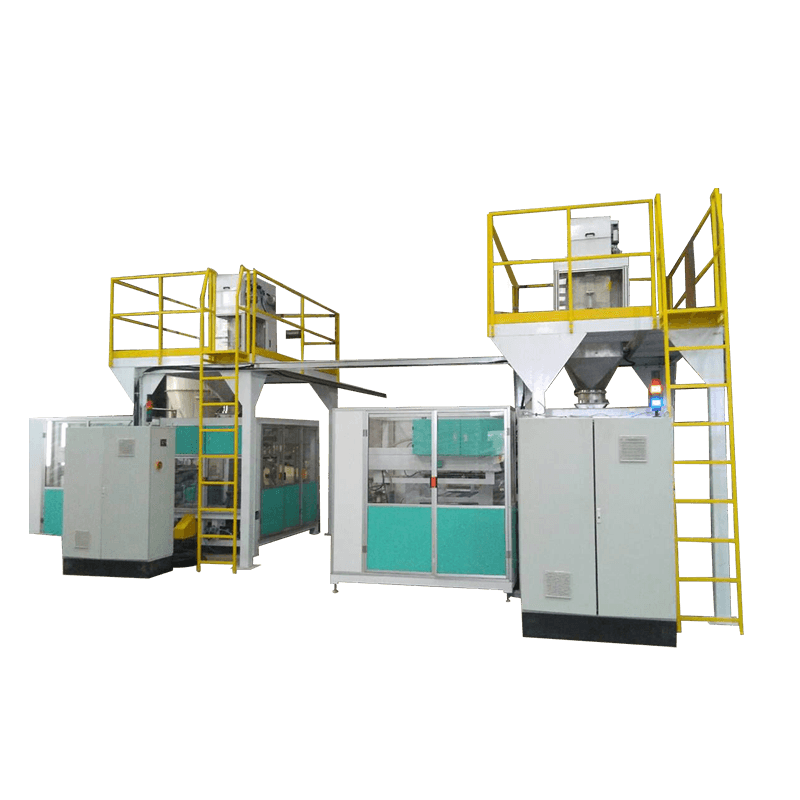
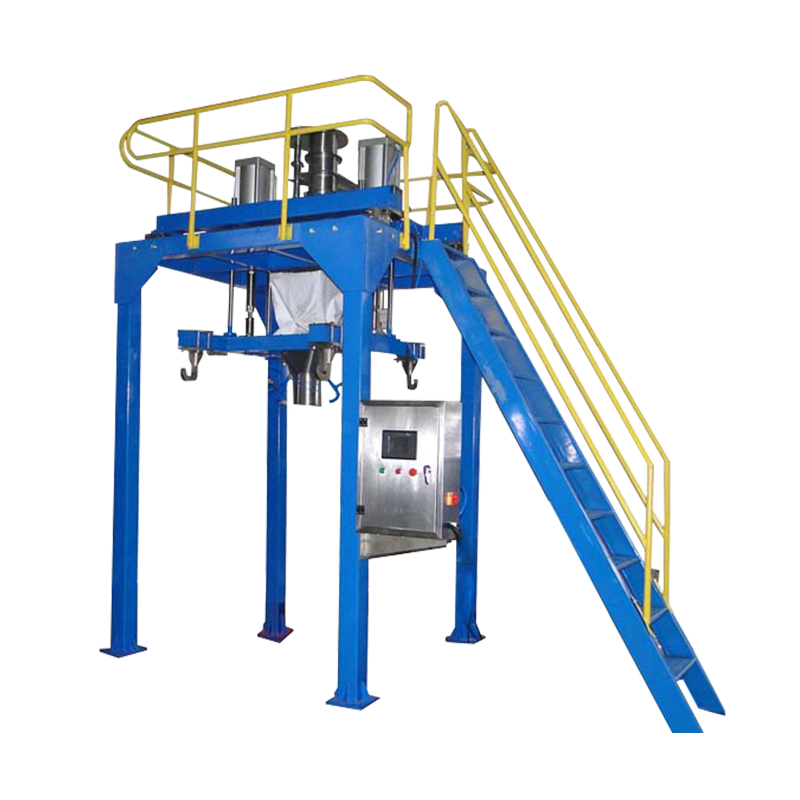
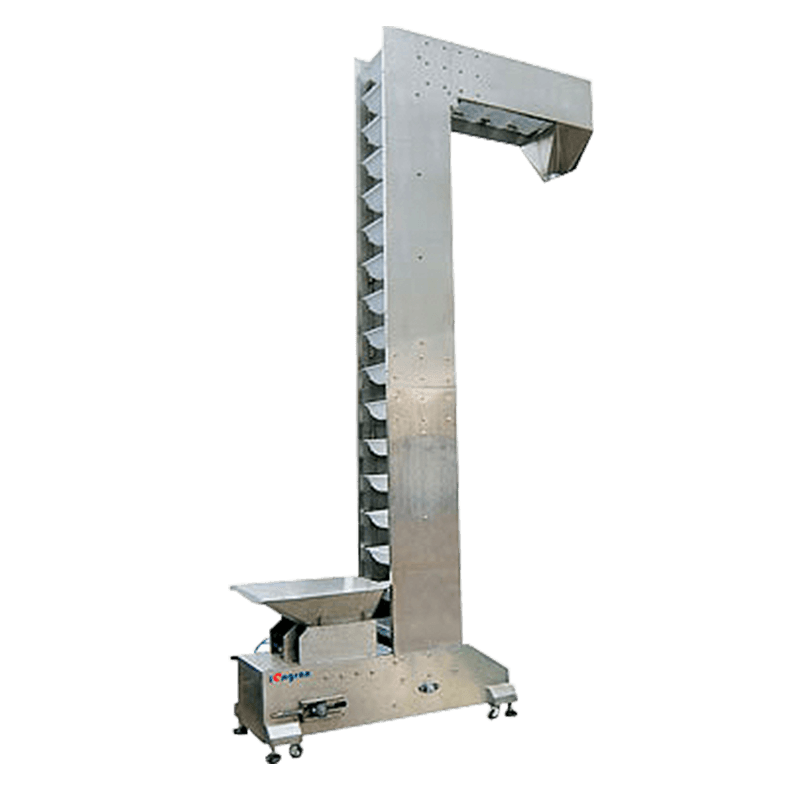
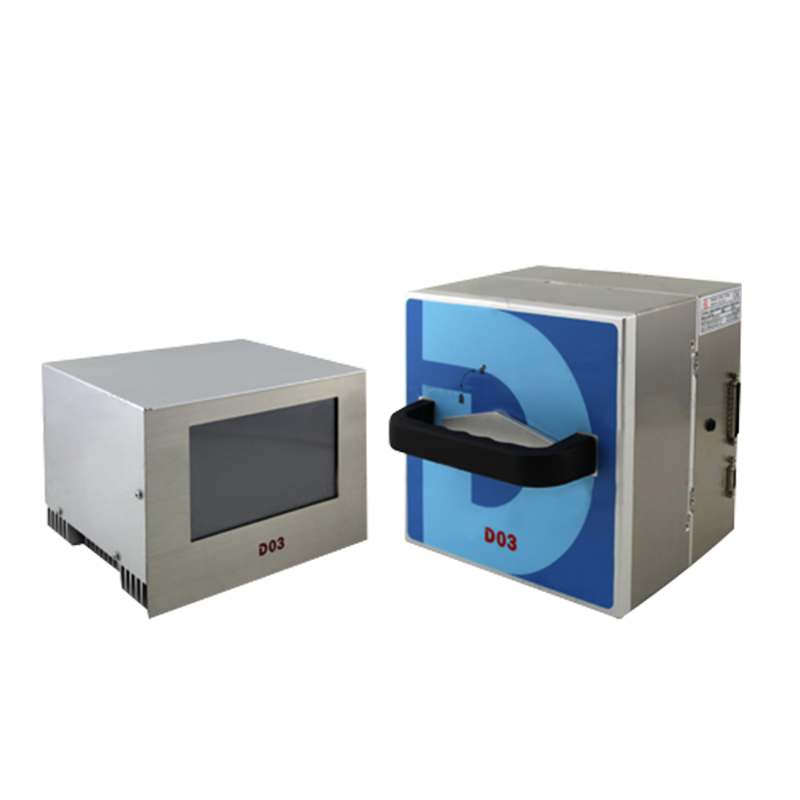
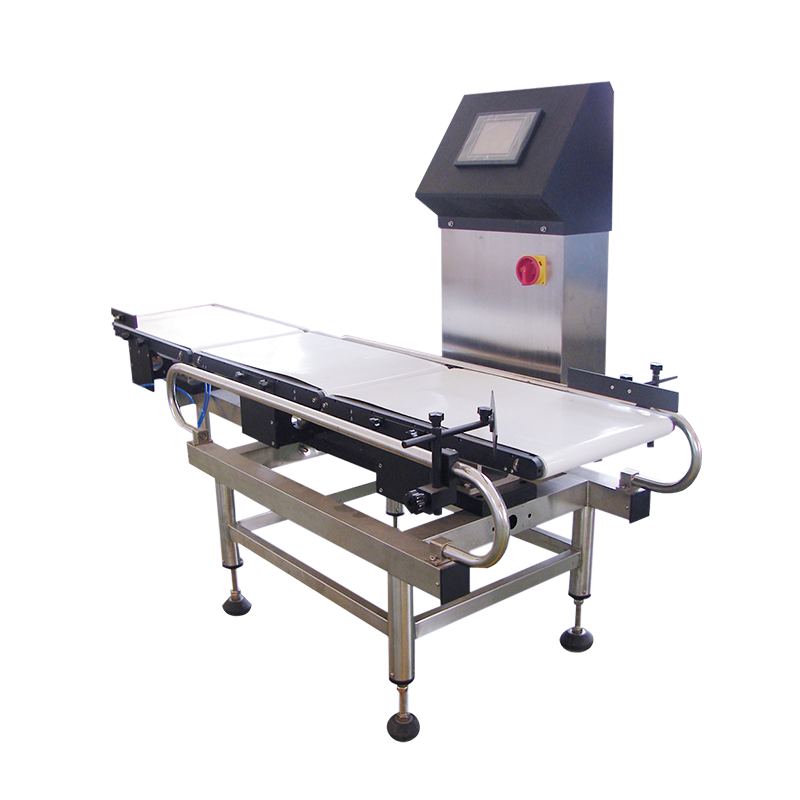
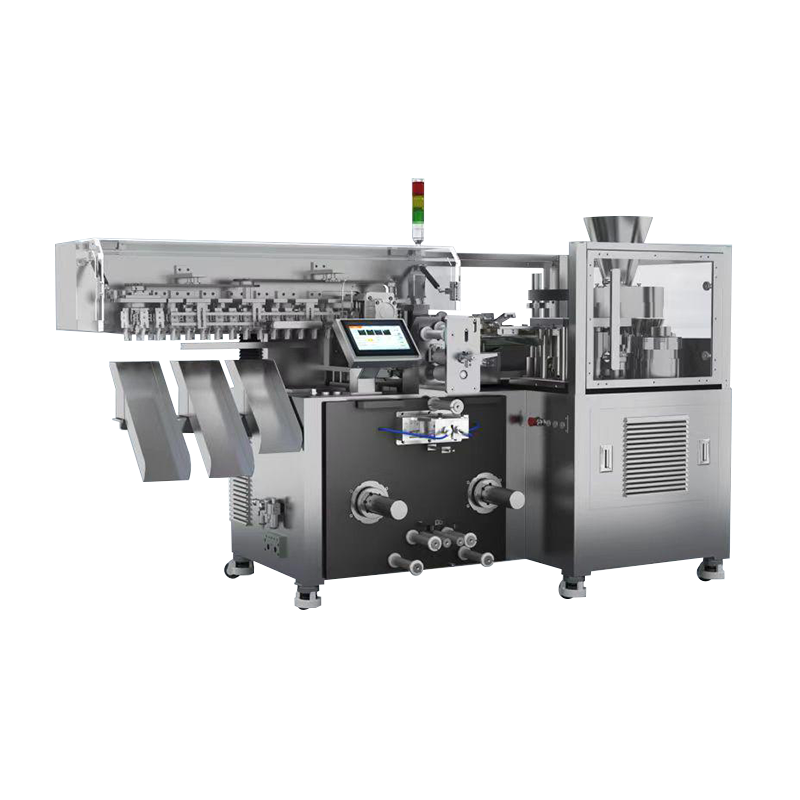
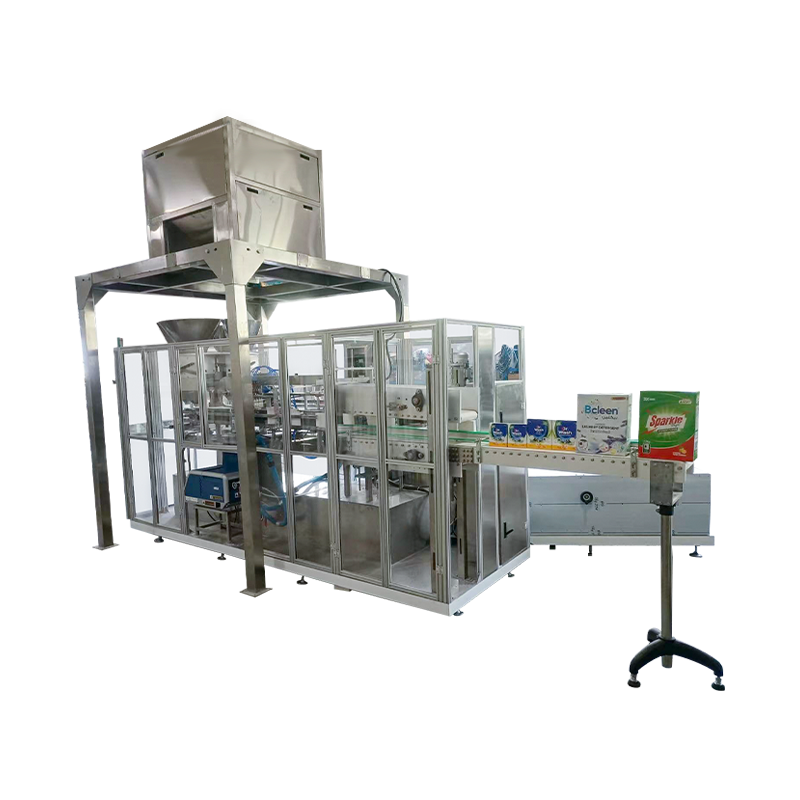

Contact Us